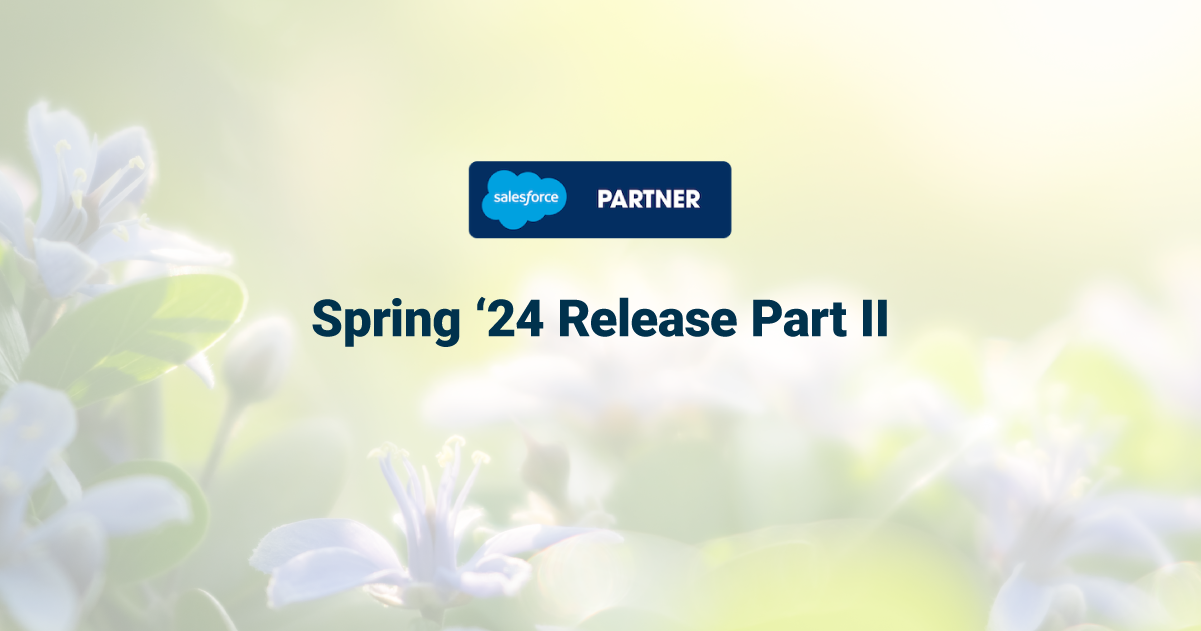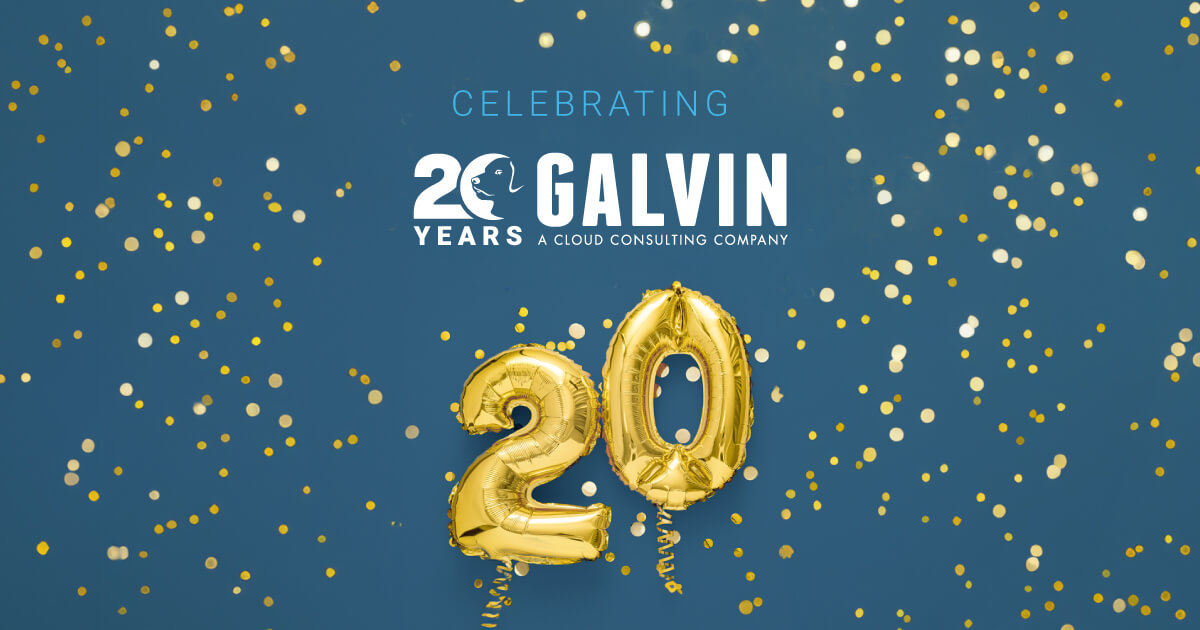Unlikely Places to Find Content for Your Website or Blog
I envy those who are naturally gifted or well-educated in writing. I look at my colleagues in the office who can write well and are able to create imaginative and interesting […]
I envy those who are naturally gifted or well-educated in writing. I look at my colleagues in the office who can write well and are able to create imaginative and interesting stories or blog posts. Writing is a great creative outlet and a way for so many to inform and educate others.
But of course, there are those of us who struggle with writing a simple email. If writing was easy, then I suppose everyone would do it. However,It’s not, thus many of us, who are blogging for example, struggle constantly with what to write about. Fortunately, there is a solution to help us — the Internet. Recently, I came across this infographic in a post by Allegra Tepper showing all of the content that is generated every minute. The Internet is verdant with content, and there are ideas coming at us from all angles. So, worry no more. Here are 6 easy tips you can use to find ideas for the type of content your audience wants to read.
Tip 1: Monitor the Social Media Outlets
Although content abounds on the Internet, you have to sort it in such a way that you are able to identify those topics most likely to be read and shared by your audience. With social media outlets like Twitter, Google+ and LinkedIn, you are able to monitor what your followers are posting. With a bit of reading, you will begin to notice common trends, which can become popular topics to write about. Also, by using software tools like Radian6 or HootSuite you can set up alerts or saved searches that allow you to segment and monitor specific topics.
Tip 2: Use Google Alerts
Google Alerts sends you email digests when content around specific topics of interest is posted to the Internet. For example, you might create an alert called “Content writing for beginners” then, whenever a website posts new content about this topic, Google Alerts will send you an email containing the URL. This is most helpful when you receive an assignment to write a very specific blog post. As you think about what to write, use Google Alerts to do the legwork for you.
Tip 3: File Websites and Read Later
Personally, I use an app called Pocket. My career constantly keeps me on the road, and thus I am not in front of a computer enough to read the many interesting email blasts and tweets I receive. Whenever I use my iPhone or iPad, I invariably visit websites I want to file away and read later. By saving the page to my Pocket account and adding tags to it as if it were a folder, I can easily find the article later by the tag when I am ready to write my next blog post.
Tip 4: Podcasts
When I got my first iPod in 2005 I became an avid listener of podcasts. Eventually, however, they got too long, I would forget to sync them, or I would be driving or otherwise unable to stop and write down the idea. Consequently, I eventually lost interest. Recently, however, I’ve come back to podcasts. Not only are there better shows put out by professional podcasters, but the current trend is towards shorter, more concise podcasts. In addition, I can now listen in my car, via iPhone and Bluetooth and as I get ideas or inspiration, I simply pause the podcast and record a voice note to myself.
Tip 5: LinkedIn Groups
Search LinkedIn for the topic you plan to write about and you can almost always find people and groups who have shared and commented extensively on that very topic.. I’ve often found extensive discussion threads on LinkedIn Groups that can easily form the basis of an informative and resourceful blog post.
Tip 6: Your Conversations
If you are writing about a topic leverage your day-to-day conversations.As you speak to clients or colleagues, listen to the various subtopics or discussions that arise. There is potential content in almost every discussion you become involved with. It’s up to you to identify this and capitalize on the nuggets of information you may receive.
Hopefully, these six tips give you a jumpstart on some outlets you can utilize to find topics or supplemental content to assist you with your future writing endeavors. I believe in content. It will not only bring value to your website and blog in terms of a rich interaction with your readers, but also via the potential leads you will hopefully generate from it.
Good luck!












